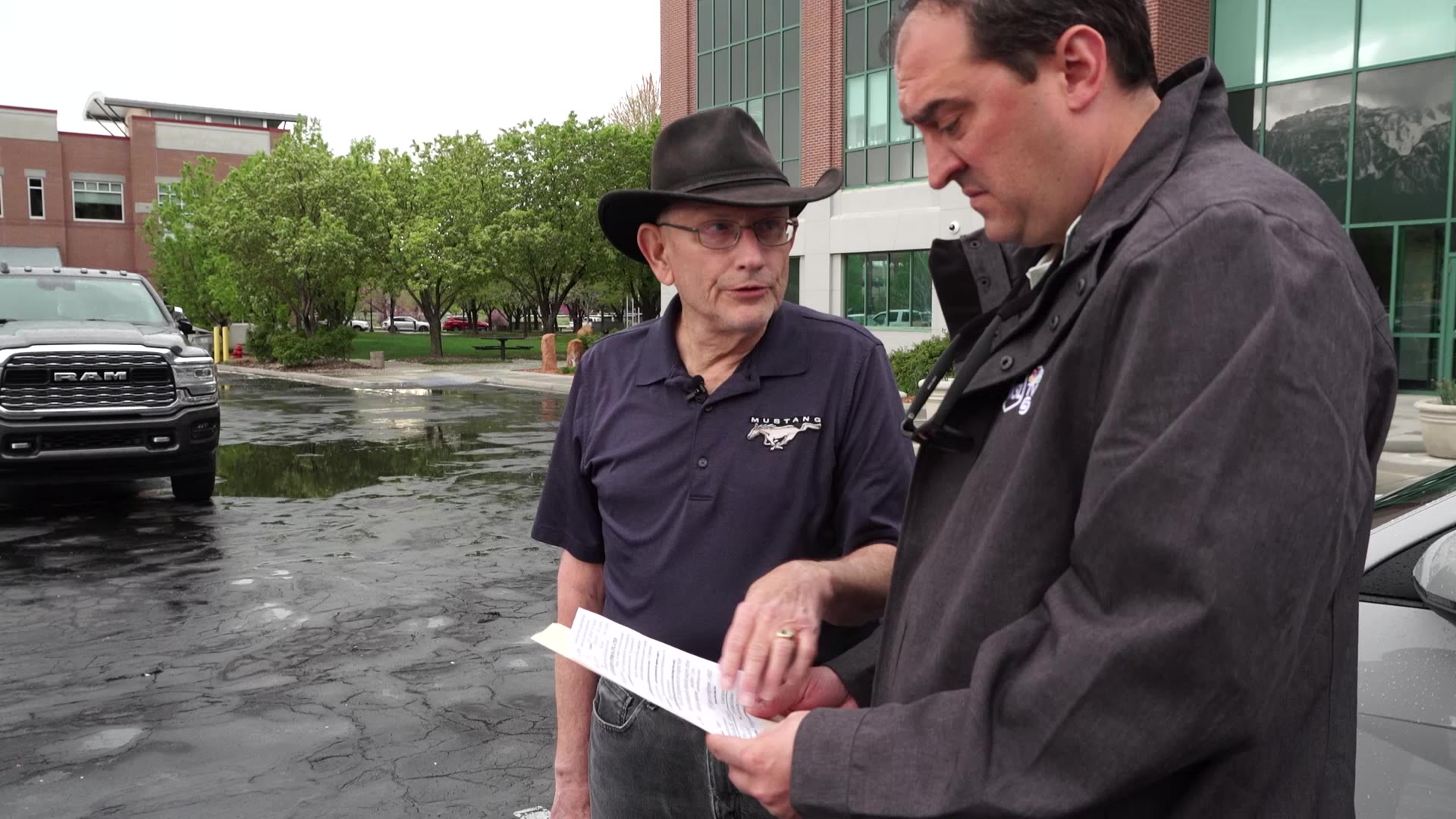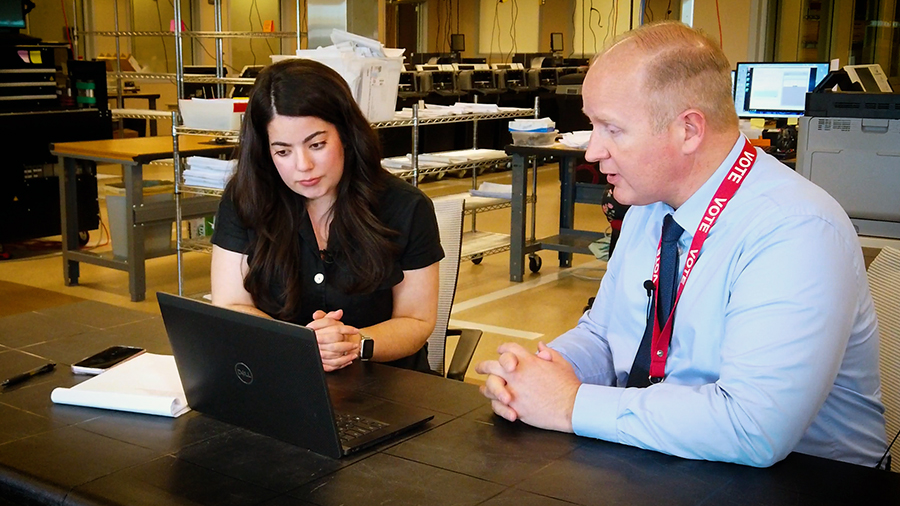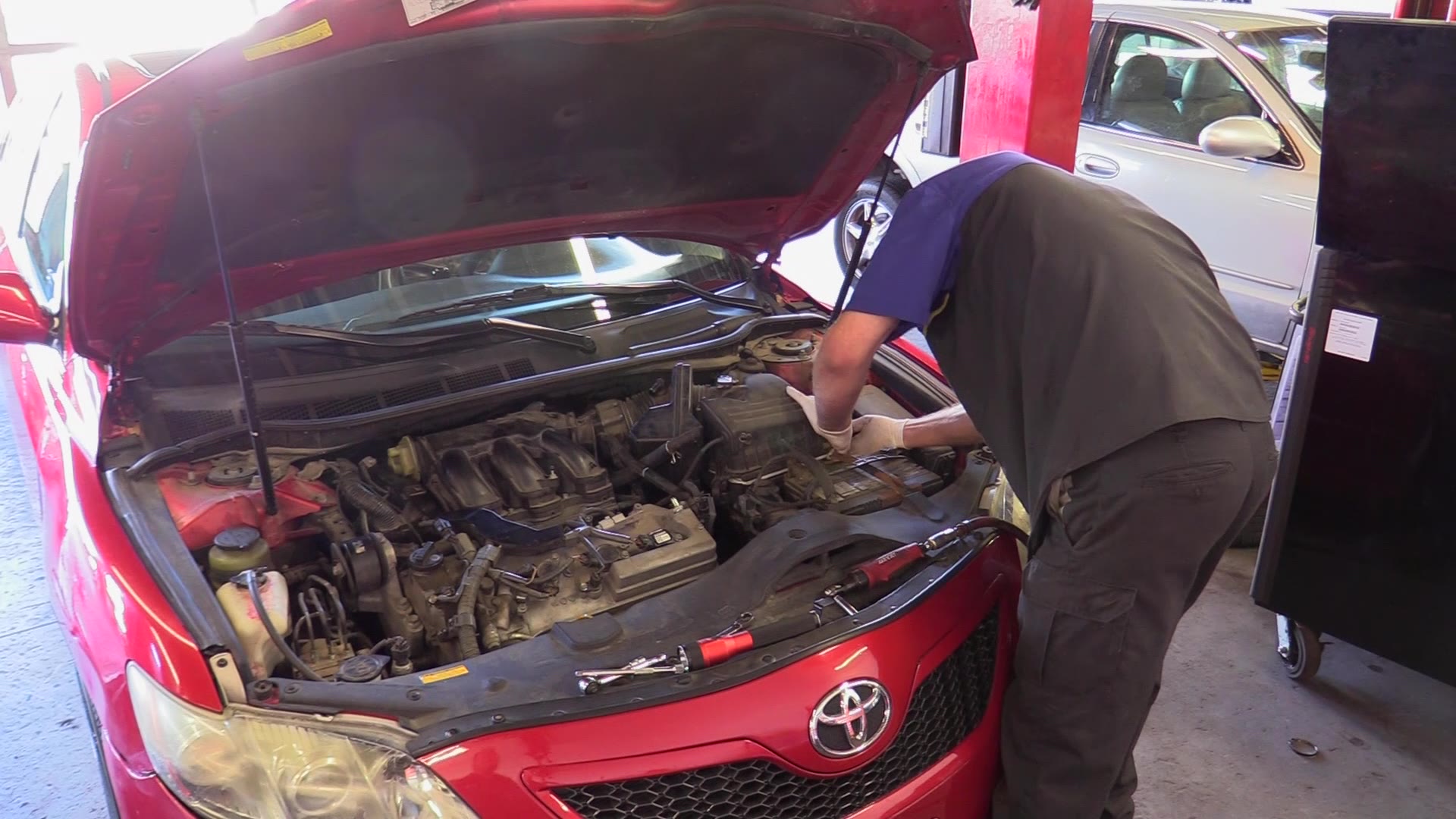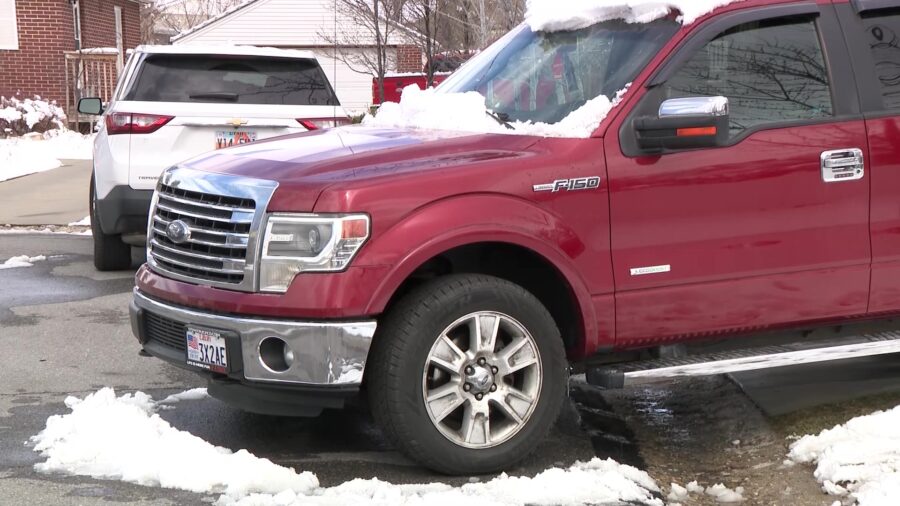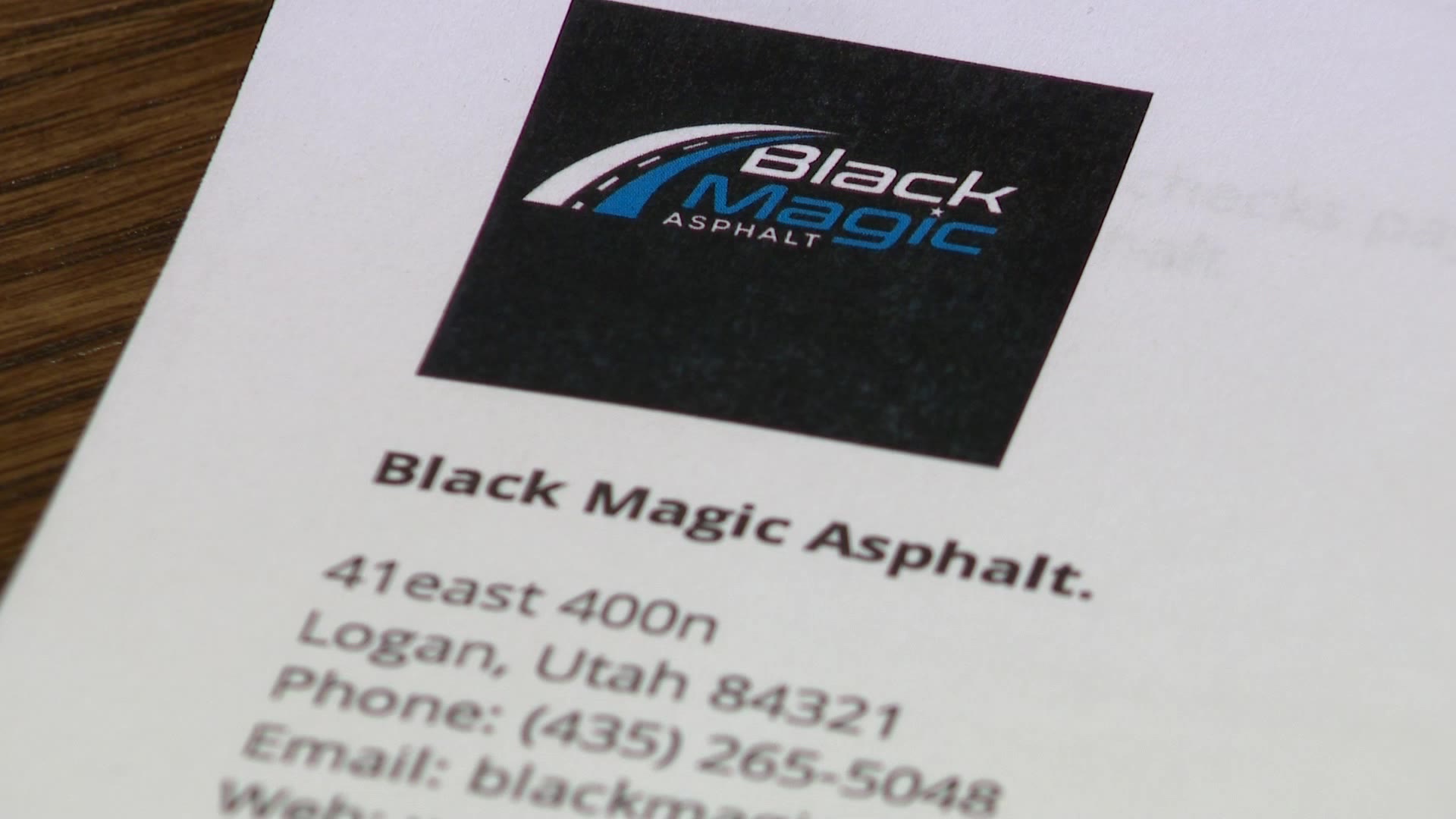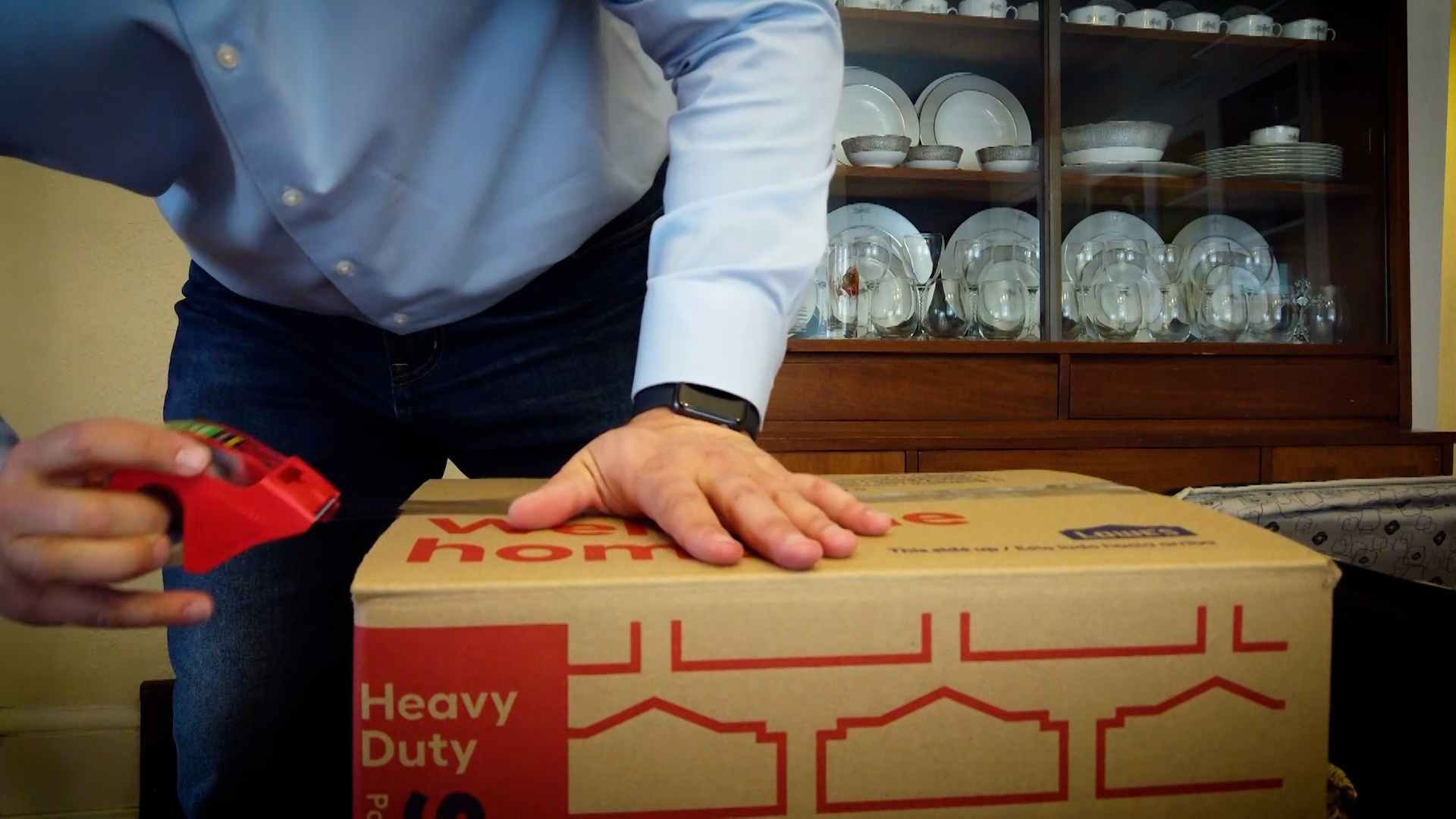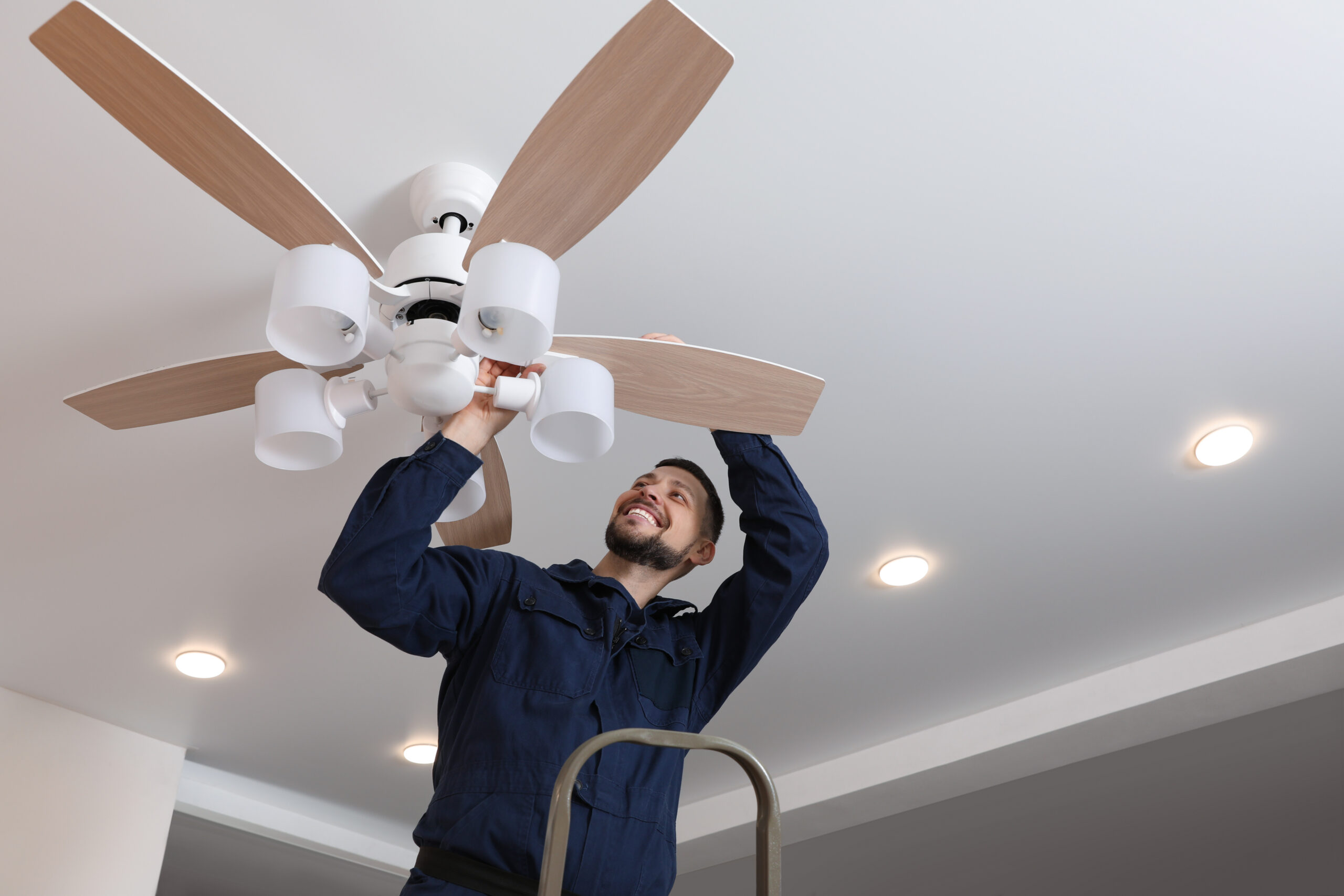Gephardt: You Bought It – Shouldn’t You Have The Right To Repair It?
Aug 27, 2020, 11:02 PM | Updated: Aug 28, 2020, 10:32 am
LEHI, Utah – Many Utahns fix their own cars, appliances and even electronics. What if someone told you that you’re not allowed to repair your own stuff?
That’s exactly what a lot of manufacturers are doing, by nixing access to parts, specialized tools and the information people and independent repair shops need to make those repairs.
A national movement to change that is gaining steam, and it’s getting a big boost from the COVID-19 pandemic.
A Right To Repair?
We’ve all been there: a moment’s distraction and we accidentally drop our smartphones.
Andrew Lambert has had a shattered iPhone screen more than once. For past repairs, he has gone straight to Apple.
“Taking it to Apple is just a real hassle,” Lambert said. “You’ve got to make an appointment. You’ve got to wait to get in. The closest [store] is about a half-hour away from me. It takes time and there’s a fair amount of cost associated with it.”
Plus, it means actually going inside an Apple Store and, with COVID, Utah’s three locations are closed.
So, when Lambert found a company called Tech MD, which sends a repair person to you to fix your phone in their van, he signed up.
“It’s really convenient to where they can come to the home and actually repair it, and it ends up being quite a bit less expensive,” he explained.
Tech MD owner Dustin Knight said smartphone companies have not always made it easy. Many will not provide spare parts, service manuals, diagnostic codes – or even diagrams.
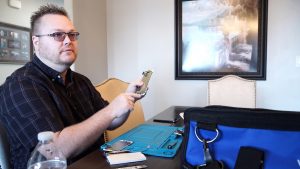
Dustin Knight, owner of TechMD.
“No, no blueprints – nothing,” said Knight.
He said Apple and many of its competitors spent years refusing to share how their phones work, making it hard for independent service techs to know what to do.
“They want you to replace them. They want you to get the next newest phone,” explained Knight. “It would be much nicer for Apple if you bought the lower ‘gig’ and broke it and then ‘Let’s get the bigger gig. Let’s not fix this old one.’”
Apple Makes A Change
The KSL Investigators reached out to Apple to ask about all of this. They referred us to several news releases indicating that after years of pressure from consumers and people in Knight’s line of work, there are relenting and beginning to share.

Apple says it is training an additional 700 stores to repair iPhones.
Just last month, Apple announced that it is expanding an Independent Repair Provider Program to provide more options for customers to access repair services. They will teach an additional 700 repair shops in the U.S. what to do and give them access to the tools to do it.
Jeff Williams, Apple’s chief operating officer, said, “When a customer needs a repair, we want them to have a range of options that not only suits their needs but also guarantees safety and quality so their iPhone can be used for as long as possible.”
A National Movement
“There’s no good reason why we can’t repair our own stuff,” said Gay Gordon-Byrne, executive director of The Repair Association, a leading advocate of the national movement known as “Right to Repair.”
The idea is simple: If you own it, and it breaks, you should have the right to repair it.

Gay Gordon Bryne, executive director of The Repair Association.
“This is, ‘we don’t want you touching our stuff’ and all of the ridiculous excuses that come with why you can’t touch it even though you own it,” she said.
Advocates half-applaud Apple’s moves to expand its repair program, calling it “a welcome step” — but they said it isn’t enough. They want Apple and its competitors to share parts and service information “more broadly.”
“At the end of the day, we either have a free market to fix the device we own, or we don’t,” said Nathan Proctor, the Right to Repair campaign director for the U.S. Public Interest Research Group, in a statement. “And while there are tangible benefits for consumers and the planet from the easing of restrictions, our goal remains the same: Just let us fix our stuff.”
Making Headway With Lawmakers
The frustration of right-to-repairers goes beyond smartphones. From the cars we drive to appliances in our homes and even farm equipment, folks are clamoring for the information and tools they need to make their own repairs. And while clamoring might not make companies budge, lawmakers can.
For example, sick of expensive service costs at dealerships, Massachusetts voters overwhelmingly approved an initiative 2012 for a Right to Repair Law mandating car makers give private repair shops in that state the diagnostic tools needed to fix cars, truck and SUVs. A ballot measure that expands the 2012 law to specifically include wirelessly transmitted information goes before voters this November.
And just this month, a bill was introduced in Congress. The ”Critical Medical Infrastructure Right-to-Repair Act of 2020” would protect hospitals, clinics and service techs from prosecution if they fabricate their own service parts or break digital locks to repair medical equipment. It also requires manufacturers to provide owners access to the know-how and specialized tools needed for those repairs during the COVID-19 pandemic.
Virtual Home Repairs
Mike Evans runs Fixer.com, a virtual handyman service where they talk people through fixing their own fridges, washers and stoves through their cell phone cameras.
“We help people figure out how to repair or upgrade things in their homes,” said Evans.
His business has been booming since the pandemic hit. And he’s a big believer in the right to repair.
“There’s been a ton of demand across the nation for this kind of a service,” he said.
Besides saving money, he makes another argument for people being empowered to fix their own stuff. It helps keep broken devices and appliances out of the landfill.
“It’s about sustainability and that’s why we’re fixers not ‘replace-its,’” he remarked.

